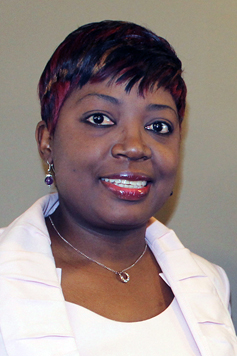
Prof Kahilu Kajimo-ShakantuPhoto: Leonie Bolleurs |
The University of the Free State (UFS) is very proud of five of its students who won the Kenneth K. Humphrey award at the recent International Cost Engineering Council (ICEC) conference held in Milan, Italy. Justin Haselau received the outstanding paper award. His study leader was Prof Kahilu Kajimo-Shakantu, Head of the Department of Quantity Surveying at the UFS.
The ICEC is an organisation aimed at promoting cooperation between national and multinational cost engineering, quantity surveying and project management organisations worldwide, to the benefit of the industry and that of individual members.
The students received this prestigious award for the outstanding papers they delivered. The award is presented to authors under the age of 36. Submissions come from all over the world and were adjudicated by an independent panel.
The other recipients were:
1. Marique Kamperbeek – (study leader: Prof Kahilu Kajimo-Shakantu, 2013)
2. Tshego Matshwi – (study leader: Prof Kahilu Kajimo-Shakantu, 2013)
3. Matlakal Radebe – (study leader: Prof Kahilu Kajimo-Shakantu, 2013)
4. Elana Malherbe – (study leader: Dr Benita Zulch, 2012)
The winning papers were included in the electronic version of the ICEC’s International Cost Management Journal (ICMJ).
This is already the third time the university has won these awards.
Prof Kahilu Kajimo-Shakantu, Head of the Department of Quantity Surveying and Construction Management at the UFS, says she is very proud of these achievements.